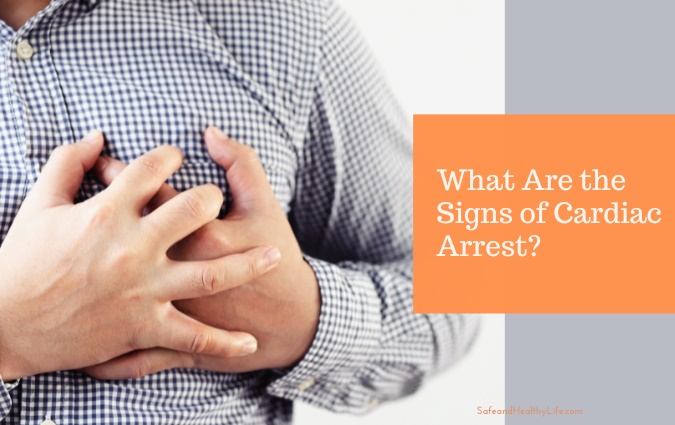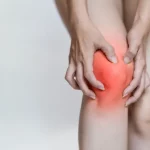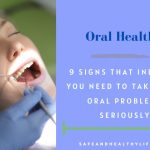
Envision a trouble-free existence marked by only happiness and good health.
There’s a sudden stabbing sensation in your chest, and you’re out like a light. You’re having a cardiac arrest, and your heart has stopped beating.
It’s true that this scenario has the makings of a nightmare, but it’s also very possible. That’s why it’s so important to learn about cardiac arrest and how to avoid it.
This will help you tune in to your body and take the appropriate measures to protect your heart.
Signs of Cardiac Arrest
No one is immune to cardiac arrest; it can happen to anybody at any age and in any physical condition. Knowing how to identify a cardiac arrest so you can quickly provide help for the individual having one is vital.
Below are some signs that may indicate cardiac arrest.
Sudden Collapse
The sudden collapse of a person is the most noticeable symptom of cardiac arrest. There may be no warning before the victim loses consciousness and collapses to the floor.
The collapse can occur at any time and during any activity, and it is generally sudden and mysterious.
Absence of Breathing
Stopping breathing due to cardiac arrest is a leading cause of death if the condition is not addressed quickly. Check for signs of breathing by placing your ear over the person’s lips if you fear they are experiencing a cardiac arrest.
In the event that a person stops breathing, emergency cardiopulmonary resuscitation (CPR) must be initiated.
No Pulse
The loss of pulse is a common symptom of cardiac arrest, which occurs when the heart suddenly stops pumping.
In these situations, checking for a pulse and starting CPR immediately if one is not detected is of the utmost importance.
Chest Pain
Heart attacks frequently manifest with chest pain or discomfort and can ultimately result in cardiac arrest. Call 911 immediately if you or someone else is suffering chest discomfort; you never know if it might be a sign of a cardiac arrest.
First Thing to Do When Cardiac Arrest Happens

Photo Credit: Pixabay
Call for Emergency Medical Assistance
In the event of cardiac arrest, the first thing you should do is contact emergency services by dialing 911 or your local emergency number.
In order to preserve lives, immediate medical attention is required while treating cardiac arrest.
Perform CPR
Doing CPR can potentially prolong a person’s life while waiting for medical aid to come.
CPR is a straightforward method that consists of chest compressions and rescue breaths to sustain the body’s blood flow and oxygen supply.
You can take online CPR courses and get CPR certification online if you haven’t done so already.
Use an Automated External Defibrillator (AED)
When an AED is available, it should be used immediately. It may detect and treat cardiac arrest by administering an electric shock to the heart.
Tips to Prevent Cardiac Arrest
It is possible to avoid cardiac arrest by making some basic lifestyle adjustments.
Maintain a Healthy Lifestyle
The best defense against cardiac arrest is a healthy body and mind. A healthy lifestyle consists of eating right, exercising frequently, and avoiding harmful vices like smoking and drinking to excess.
You may lower your risk of cardiovascular disease by eating a diet high in fruits, vegetables, and whole grains and low in saturated fats, cholesterol, and sodium.
Get Regular Health Checkups
Checkups should be scheduled routinely to identify any preexisting problems that might lead to cardiac arrest. Common risk factors for cardiac arrest include high blood pressure, high cholesterol, and diabetes.
Conclusion
Everybody, regardless of age or general health, is at risk of experiencing cardiac arrest. It’s an extreme medical emergency that has to be dealt with right now.
Learning to recognize the warning signs of cardiac arrest and adopting preventative measures can be lifesaving.
And, in the event of cardiac arrest, prompt measures like CPR and the summoning of medical assistance can drastically improve survival chances.
About The Author:
Stacey Smith is a freelance health writer. She is passionate to write about women’s health, dental health, diabetes, endocrinology, and nutrition and provides in-depth features on the latest in health news for medical clinics and health magazines.




